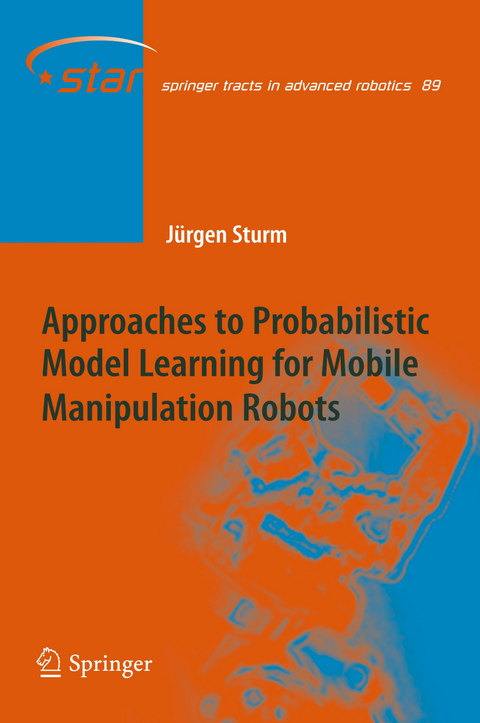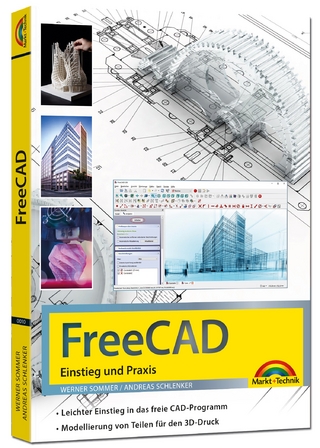
Approaches to Probabilistic Model Learning for Mobile Manipulation Robots
Springer Berlin (Verlag)
978-3-642-43714-4 (ISBN)
Mobile manipulation robots are envisioned to provide many useful services both in domestic environments as well as in the industrial context.
Examples include domestic service robots that implement large parts of the housework, and versatile industrial assistants that provide automation, transportation, inspection, and monitoring services. The challenge in these applications is that the robots have to function under changing, real-world conditions, be able to deal with considerable amounts of noise and uncertainty, and operate without the supervision of an expert.
This book presents novel learning techniques that enable mobile manipulation robots, i.e., mobile platforms with one or more robotic manipulators, to autonomously adapt to new or changing situations. The approaches presented in this book cover the following topics: (1) learning the robot's kinematic structure and properties using actuation and visual feedback, (2) learning about articulated objects in the environment in which the robot is operating, (3) using tactile feedback to augment the visual perception, and (4) learning novel manipulation tasks from human demonstrations.
This book is an ideal resource for postgraduates and researchers working in robotics, computer vision, and artificial intelligence who want to get an overview on one of the following subjects:
· kinematic modeling and learning,
· self-calibration and life-long adaptation,
· tactile sensing and tactile object recognition, and
· imitation learning and programming by demonstration.
Introduction.- Basics.- Body Schema Learning.- Learning Kinematic Models of Articulated Objects.- Vision-based Perception of Articulated Objects.- Object Recognition using Tactile Sensors.- Object State Estimation using Tactile Sensors.- Learning Manipulation Tasks by Demonstration.- Conclusions.
From the reviews:
"This book is convenient for research purposes. It has a clear structure and is fairly readable. The topic may be appropriate for graduate studies." (Ramon Gonzalez Sanchez, Computing Reviews, January, 2014)
| Erscheint lt. Verlag | 20.6.2015 |
|---|---|
| Reihe/Serie | Springer Tracts in Advanced Robotics |
| Zusatzinfo | XXV, 204 p. |
| Verlagsort | Berlin |
| Sprache | englisch |
| Maße | 155 x 235 mm |
| Themenwelt | Informatik ► Grafik / Design ► Digitale Bildverarbeitung |
| Informatik ► Theorie / Studium ► Künstliche Intelligenz / Robotik | |
| Technik ► Elektrotechnik / Energietechnik | |
| Technik ► Maschinenbau | |
| Schlagworte | Adaptive Systems • Bayesian inference • computer vision • Kinematic Modeling • machine learning • Mobile Manipulation • Probabilistic Robotics • Robotics • service robotics |
| ISBN-10 | 3-642-43714-1 / 3642437141 |
| ISBN-13 | 978-3-642-43714-4 / 9783642437144 |
| Zustand | Neuware |
| Informationen gemäß Produktsicherheitsverordnung (GPSR) | |
| Haben Sie eine Frage zum Produkt? |
aus dem Bereich


